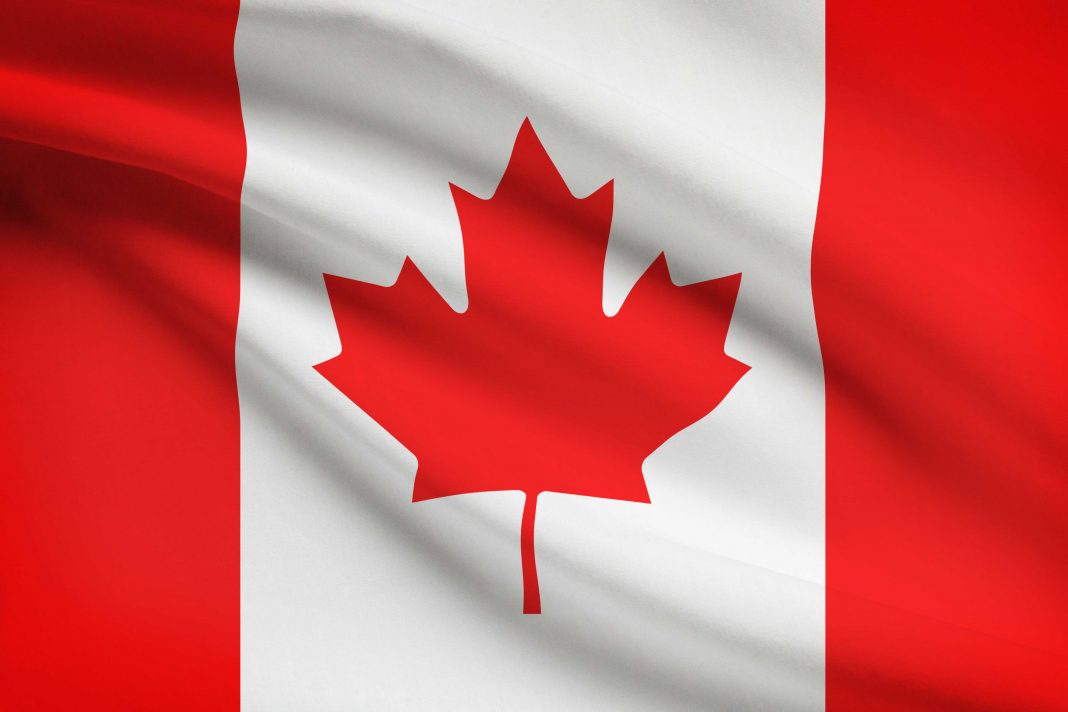Canada, as a nation, was born at the apex of colonial expansion across the globe. Its gestation took place during a period when the “pink bits” covering any map of the globe denoted the breadth of a British Empire upon which, it was boasted, the sun never set. It was a time when most of English Canada staunchly subscribed to the concept of the supremacy of the English model being the very epitome of civilization (the francophone portion of the country would demure, but switch that to “French” or at least European civilization, c’est meme chose, n’est pas?).
It was inescapable that our national history along with many of those symbols that mark Canada’s legacy would be infused with the ideas and zeitgeist of the times in which our nation was born. It was an environment where racism was all the rage amongst the cool kids; even those who sought to improve the lot of those deemed less fortunate were largely convinced of the “whiteman’s burden,” a responsibility to bring the benefits of a good Christian upbringing to the poor and benighted savages of this “wild and untamed land.”
Times change.
Today, Canada is a multicultural nation whose disparate and urban concentrated citizenry are more likely to hail from the colonially oppressed portions of the pink bits than from any county in Jolly Olde Blighty, but our nation’s cultural and economic elites, as well as most rural regions, are still largely dominated by those people former prime minister Stephen Harper referred to as “old stock” Canadians. It is the remnants of those founding populations, those whose ancestors’ accomplishments stand most honoured in the bronzed landscape of our cultural identity, who are most likely to express outrage when those historical icons are pulled to the ground by protesting mobs like those of some deposed tin pot dictator.
It seems to many that such actions are most un-Canadian and run thoroughly counter to the concept of peace, order and good government upon which our nation was founded.
But we are not the nation or the people of 1867, 1767 or 1667—even 1967. We have changed and we are learning.
Yet mob rule and vigilantism are still not desirable cultural norms.
There have been many fine words flowing from politicians of every partisan flavour extolling the virtues of our inclusive national culture, but as any student of Indigenous relations can attest, talk is cheap. It is little wonder that patience among those runs thin, especially when so many populist politicians seek to harness Old Stock outrage to attest that there is no systemic racism in our national systems, our courts, our politics, our economy—nothing to see here, folks, ‘it’s all in those radical provocateurs’ heads.’
No, it is not. It is demonstrable that systemic racism exists in this country and denial will not make it go away, nor will fine words and noble sentiments.
The toppling or defacing statues of Sir John A. MacDonald, Canada’s first prime minister and one of the two lead Fathers of Confederation that brought this most unlikely of countries into existence, is just a symptom of a deeper set of issues that we, as a nation, must address going forward.
The time is right for our nation to begin to address the underlying issues that have given rise to the toppling of the icons that celebrate our national past. Canada has long been a nation where the elevation of individuals and nationalist symbols has followed a less celebrity-based path than our neighbours to the south—reflecting another cultural norm common to England.
History is filled with individuals whose positive accomplishments have transcended the more odious aspects of their personalities and policies on the record.
Does making the trains run on time trump helping fill those trains with those bound for genocide? Most Canadians would emphatically disagree. How much leeway should we allow our historical figures and how should we deal with the disparate histories of our nation?
For those ascendant in society thanks largely to the historical advantage that they have enjoyed, through no fault of their own, they might add, it is extremely difficult to set aside the lens through which history is viewed and see things from the other side.
Sir John A. MacDonald oversaw some of the most racist policies of our nation. He wasn’t alone, the vast majority of the nation heartily agreed with him. Our nation is littered with testaments extolling slave owners, promulgators of racist policies and oppressive actions—it is the very stuff of colonialism. We need to find a way to maintain the positive aspects of our history while at the same time refraining from applauding evils that have been wrought.
Tackling these issues requires adopting a larger vision, but there has never been a better or more appropriate time to have these discussions and, more importantly, to take concrete and real actions to build a more just and civil society that we can all view with pride.
Let us, as a nation, seek common ground upon which we can all stand proud of the nation we are today, remain mindful from where we have come and willing to take action to renovate the foundations from which we grow forward.



